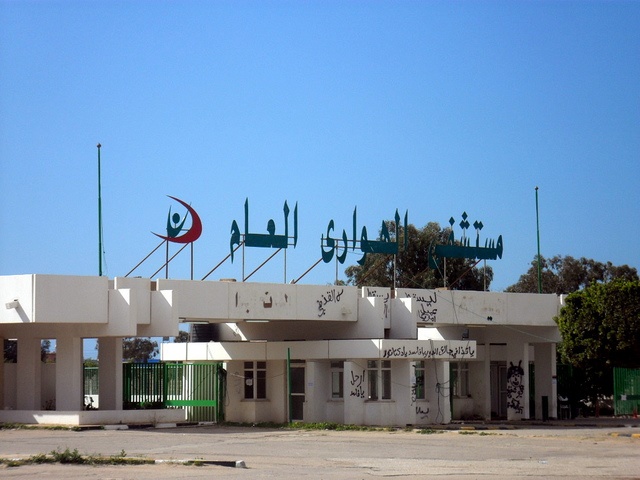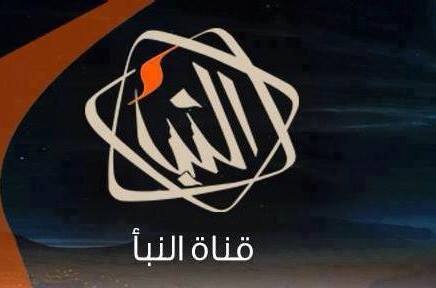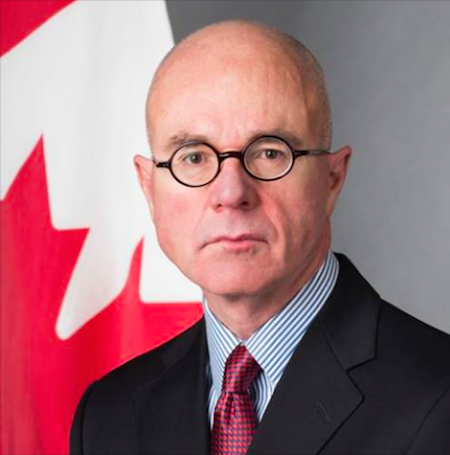By Libya Herald staff.

Benghazi, 9 April 2015:
The Libya National Army (LNA) says it has stopped an attempt by forces of the . . .[restrict]Benghazi Revolutionaries’ Shoura Council (BRSC) to break out of Hawari district into Buhdeima.
The BRSC, of which Ansar Al-Sharia is a major component, is pinned down in Hawari, Gwarsha, Garyunis and Leithi to the south and south-east or the city and in Suq Al-Hout and Sabri in the centre.
A counter-offensive during the past three days saw LNA aircraft bombarding BRSC positions in Hawari.
In a statement refuting claims that militants had made advances, Colonel Mohamed Hejazi, spokesman for Operation Dignity which is part of the LNA, pointed out that the military police headquarters on the Hawari–Buhdeima borders was very much under army control. It was recaptured last month.
In the fighting in Hawari, the LNA added that yesterday it managed to free four civilians held prisoner in a house there by the militants. The circumstances of the operation have not been revealed although the LNA claimed that the BRSC fighters had tried to use the four as human shields in the action.
According to the pro-HoR Beida-based office of the Libyan news agency LANA, three are Libyan and have been named Fathi Al-Malti, Ibrahim Abdussalam Emsalati and Miloud Shalawi. The fourth is an Egyptian, Saad Ahmed Khaled.
Despite their ordeal, they were said to be in good health.
Meanwhile it has been announced that General Khalifa Hafter has appointed Colonel Mohamed Salem Al-Addali as military commander of Benghazi, with Colonel Hashim Buraqeh Mohamed Alkazah as his deputy.
Also announced today is a denial from 309 Battalion that it was stopping operations because of a lack of ammunition. A battalion spokesman said that reports were untrue, that there was no shortage of ammunition or military equipment and that the battalion was loyal to General Command.
Away from the front line in the south of the city, life is as it was before the crisis. In fashionable Dubai Street today, the Libya Herald reporter saw shops and cafés full of people, the internet was working, restaurants were open, the police were visible and there was a distinct mood of confidence that the city’s trials would soon be over. In the cafés, the talk was of the coming battle in the capital.







